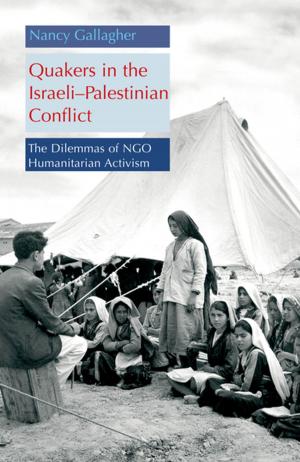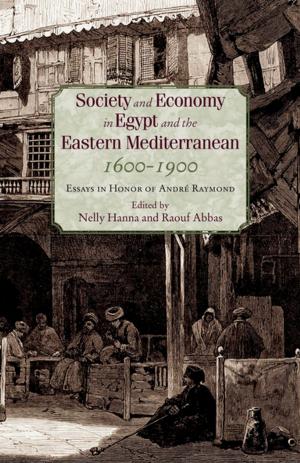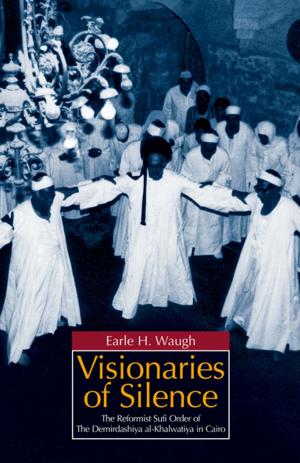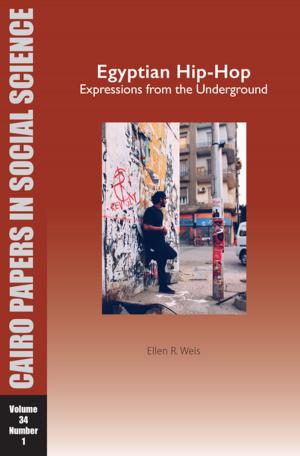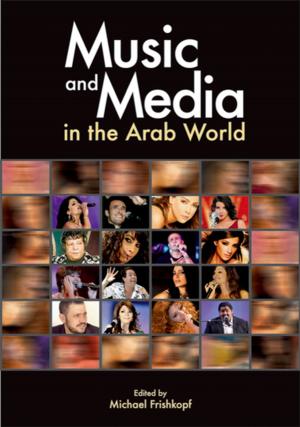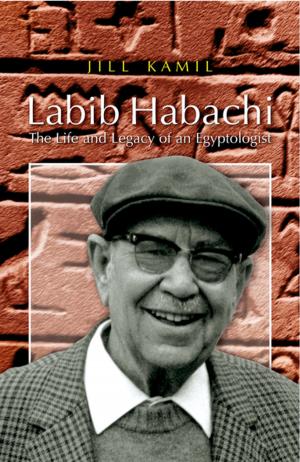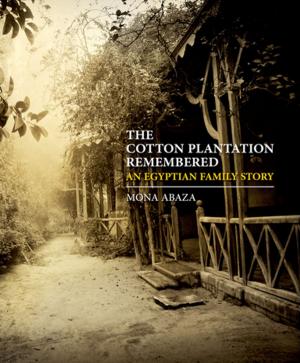Hassan Fathy and Continuity in Islamic Arts and Architecture
The Birth of a New Modern
Nonfiction, Art & Architecture, Architecture, Individual Architect, History| Author: | Ahmad Hamid | ISBN: | 9781617973727 |
| Publisher: | The American University in Cairo Press | Publication: | November 1, 2010 |
| Imprint: | The American University in Cairo Press | Language: | English |
| Author: | Ahmad Hamid |
| ISBN: | 9781617973727 |
| Publisher: | The American University in Cairo Press |
| Publication: | November 1, 2010 |
| Imprint: | The American University in Cairo Press |
| Language: | English |
Hassan Fathy, the Egyptian architect known for his recognition of the potential of vernacular forms as a vital force in contemporary architectural design, sought to integrate the traditions of Islamic art with his modern visions for living. Guided by Fathy's principles, Ahmad Hamid, an architect who collaborated with Hassan Fathy in the Institute for Appropriate Technology, identifies questions about the nature of Islamic art and its building culture, as well as the origins of modern architecture. This richly illustrated book provides new insights into Hassan Fathy's profuse, pathbreaking design documents and built projects, while exploring the socioeconomic, environmental, psychological, and esthetic components of Fathy's work in the light of a quest for a new universal modernity for the twenty-first century.
Hassan Fathy, the Egyptian architect known for his recognition of the potential of vernacular forms as a vital force in contemporary architectural design, sought to integrate the traditions of Islamic art with his modern visions for living. Guided by Fathy's principles, Ahmad Hamid, an architect who collaborated with Hassan Fathy in the Institute for Appropriate Technology, identifies questions about the nature of Islamic art and its building culture, as well as the origins of modern architecture. This richly illustrated book provides new insights into Hassan Fathy's profuse, pathbreaking design documents and built projects, while exploring the socioeconomic, environmental, psychological, and esthetic components of Fathy's work in the light of a quest for a new universal modernity for the twenty-first century.


